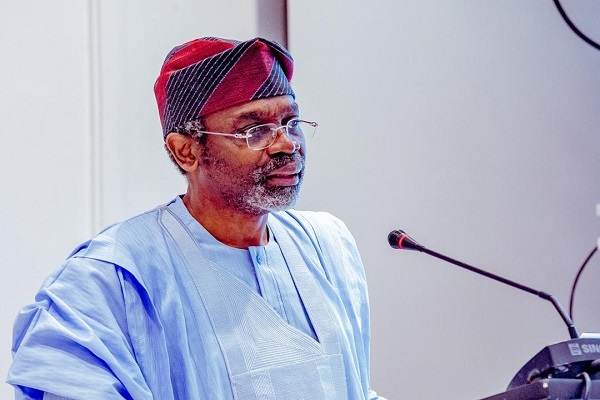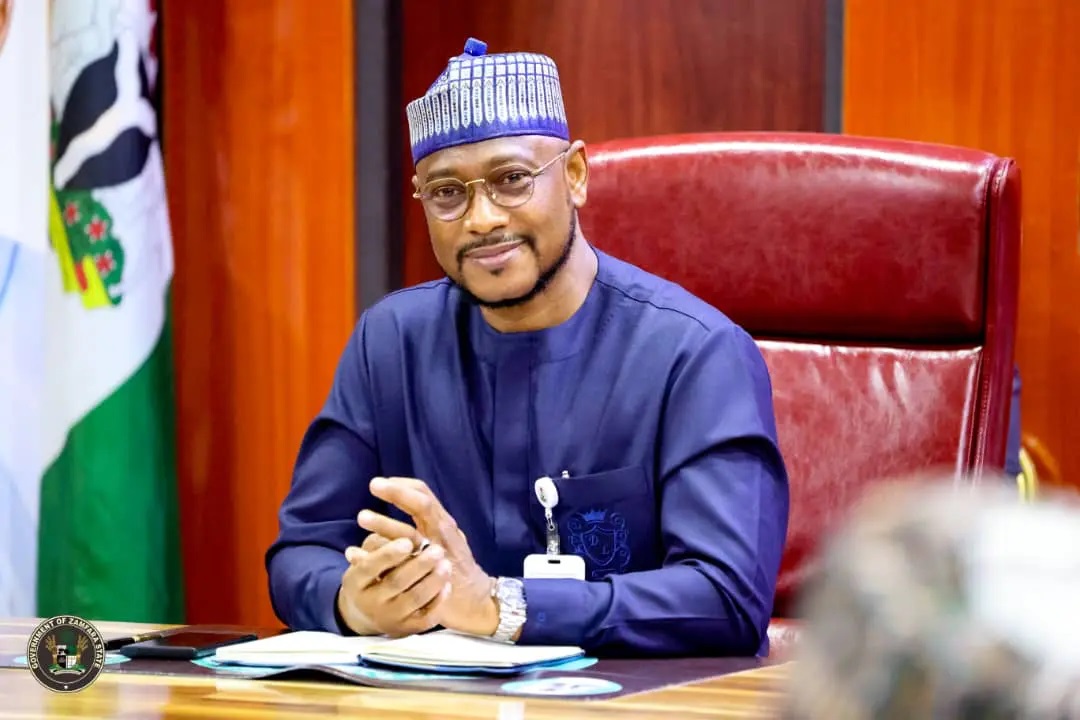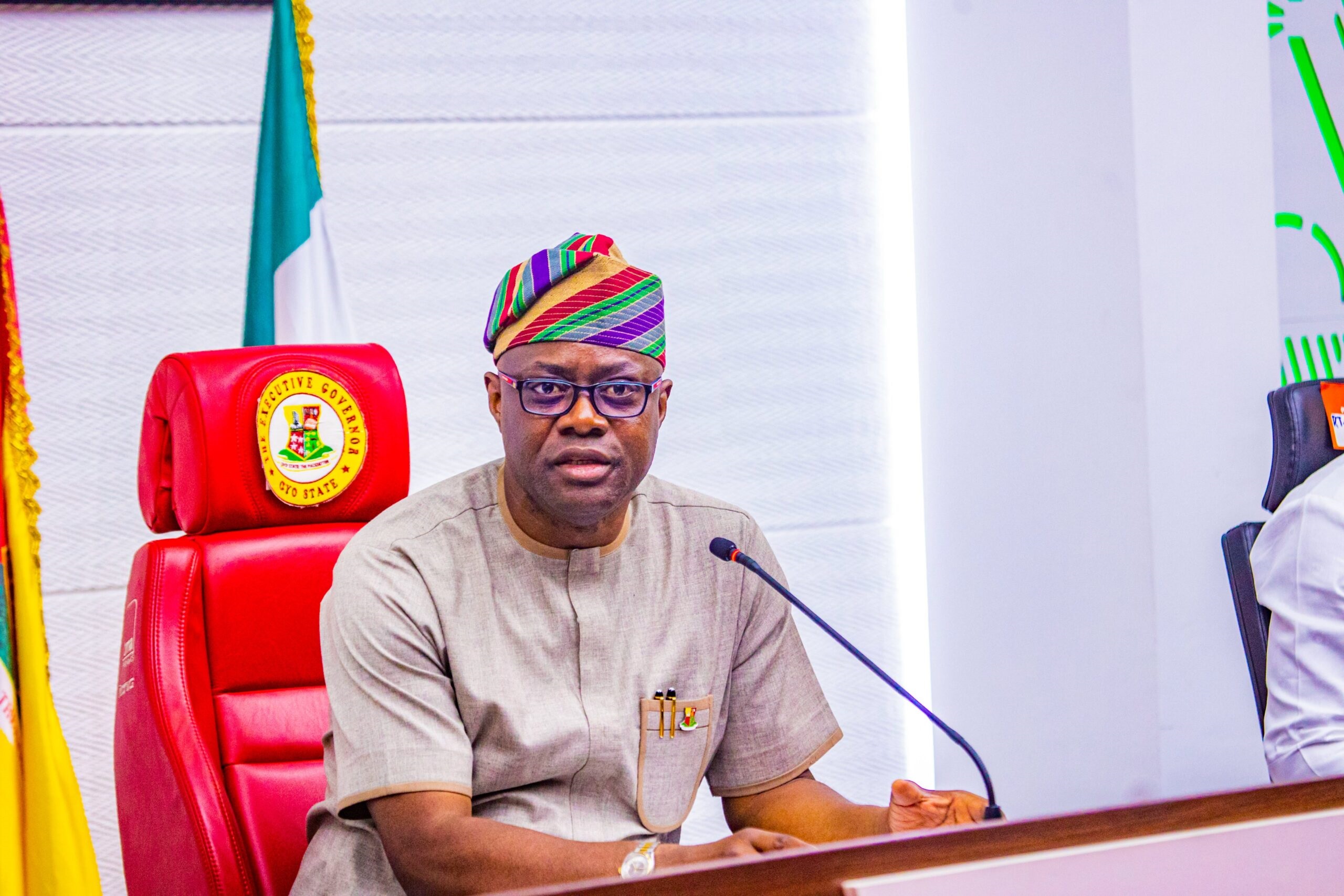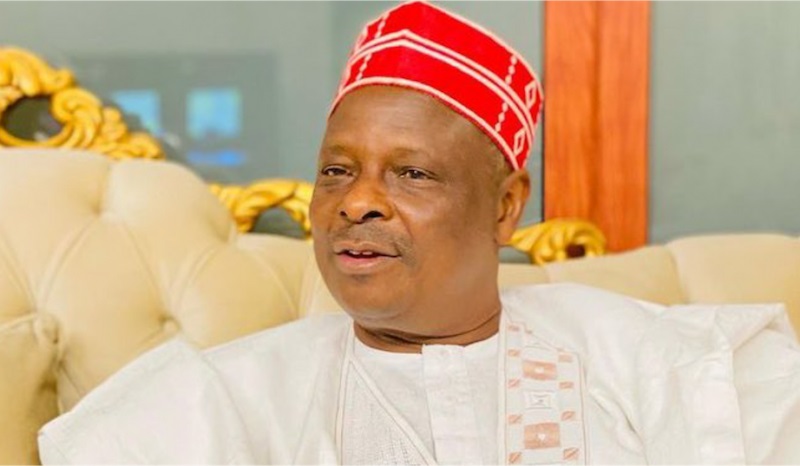The Chief of Staff to President Bola Tinubu, Mr Femi Gbajabiamila, says the legislature defines state structure and sets democracies apart from other government systems.
Gbajabiamila stated this on Tuesday during the National Assembly Open Week held in Abuja, themed: ‘Deepening Citizens’ Trust and Participation: Celebrating Our Journey as People’s House.’
He explained that all governments — monarchies, autocracies, or military juntas — typically operate with both executive and judicial arms out of necessity.
“A democratic legislature connects the people with their government by empowering a sovereign parliament to enact laws that promote national good governance,” he said.
He added that it also oversees national finances and creates an open forum for citizens to engage in the policy-making process.
Gbajabiamila, a former Speaker, emphasised the legislature’s role in maintaining the vital link between the people and government institutions.
He noted that when lawmakers debate motions or bills, they act not merely as individuals but as voices for their constituents.
Also, former Speaker, Mrs Patricia Ette, said the Open Week was key to strengthening representative democracy and boosting civic participation.
Describing the day as historic, Ette encouraged lawmakers to remain actively engaged with their constituents at all times.
She noted that democracy is incomplete without strong public engagement and ongoing collaboration between elected representatives and the people.
In his remarks, another former Speaker, Mr Yakubu Dogara, urged lawmakers to maintain constant connection with the people through transparency and accountability.
Dogara reminded the legislature of its democratic role in shaping public opinion and enhancing citizens’ confidence in democratic institutions.
Mr Clement Nwankwo, Executive Director of Policy and Legal Advocacy Centre (PLAC), noted differences between civil society and legislative mandates.
He said while the legislature makes laws, Civil Society Organisations (CSOs) bring grassroots presence and civic engagement to communities across the nation.
“Yet, both share a constitutional goal: the security and welfare of the people must remain the primary aim of governance.
“Whether through law-making or civic outreach, both institutions strive to improve lives. The best path forward is cooperation, not competition,” Nwankwo said.
He highlighted how CSO collaboration with the National Assembly has driven measurable development through PLAC’s longstanding engagement.
Nwankwo also praised CSOs for their role in restoring Nigeria’s democracy, dating back to the country’s return to civil rule in 1999.
“The return to democracy was not spontaneous; it came from hard-fought struggles by labour unions, students, professionals, activists and faith-based groups,” he recalled.
Sen. Shehu Sani commended the legislature for enhancing public participation in governance and praised the 10th Assembly for promoting national unity. (NAN)





